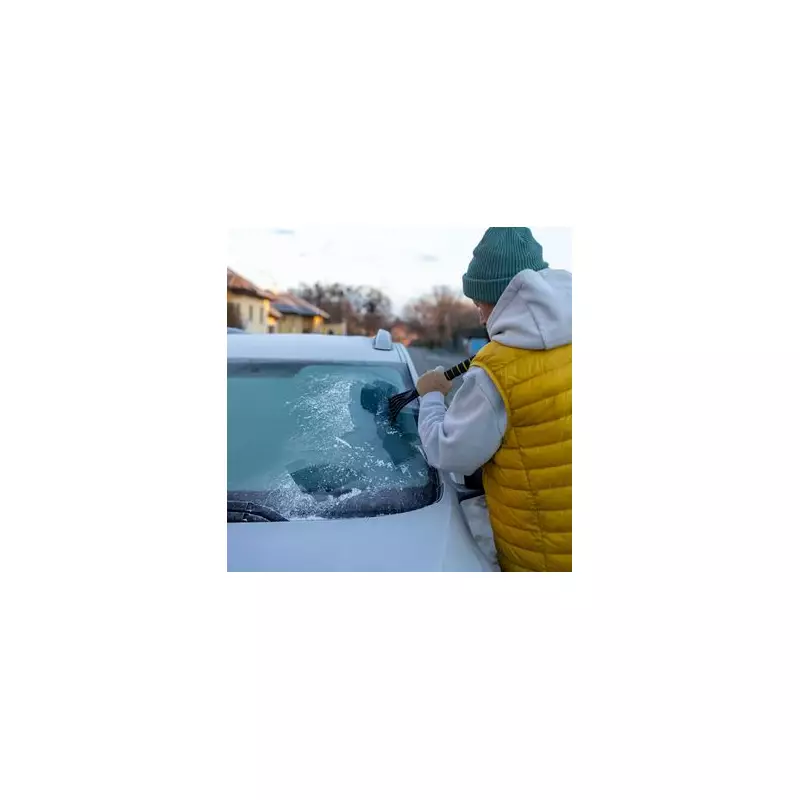
With the mercury dipping below zero overnight, British motorists are facing the familiar and frustrating morning ritual of scraping ice from their windscreens. This frosty layer can cause significant delays and create dangerous driving conditions by obscuring visibility.
The Simple Vinegar Solution
According to specialists at Windscreen Wipers, a remarkably simple and cheap solution can be found in most kitchen cupboards: white vinegar. Speaking to the Express, the experts revealed that this common household item not only clears existing ice but can also prevent it from forming in the first place.
The recommended method is straightforward: combine 125ml of white vinegar with 375ml of water in a 500ml spray bottle. You should spray this mixture across your windscreen the evening before a cold night is forecast. Alternatively, it can be used first thing in the morning to help dissolve ice that has already settled.
Why Does It Work?
The effectiveness of this hack lies in the science behind it. The team at Windscreen Wipers explained that the acetic acid in the vinegar helps to lower the freezing point of water. This makes it substantially more difficult for ice to form on the treated glass surface, saving you precious minutes during a busy morning.
Alternative Frost-Fighting Methods
For those seeking other unconventional methods, the specialists highlighted a few additional budget-friendly tricks. One surprising suggestion involves using a raw onion, sliced in half and rubbed across the windscreen the night before a freeze. The natural oils in the onion are said to create a protective coating that prevents frost from adhering to the glass.
More traditional options include using an old rubber bath mat or a folded bedsheet. Simply place it over the entire windscreen and secure it by tucking it under the wiper blades to stop it from blowing away. For wing mirrors, you can use shopping bags secured with elastic bands for the same protective effect.
Don't Forget Your Wiper Blades
The automotive experts also issued a crucial warning for drivers, urging them not to overlook their wiper blades. Frozen wiper blades cannot clear your windscreen properly, leading to poor visibility which is especially hazardous in icy conditions.
A quick and effective remedy is to apply isopropyl alcohol to the wipers. This substance freezes at a much lower temperature than water, ensuring your blades remain supple and fully operational when you need them most on a cold morning.





